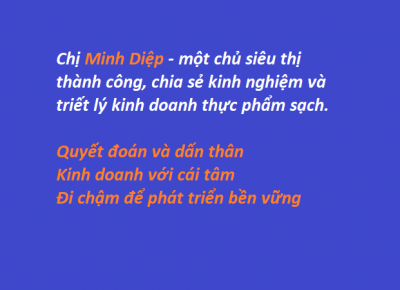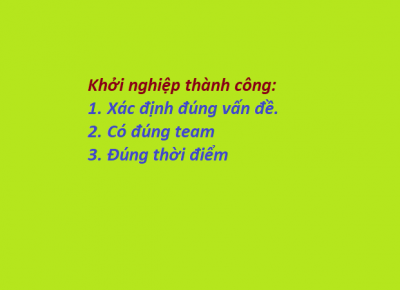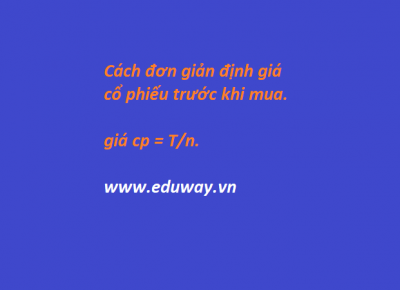How does learning a new word happen?
Vocabulary acquisition is crucial for second and foreign language learning, as emphasized in our last article. We need to grow and cultivate our vocabulary to progress in our language studies, but how does it actually happen? When can you say you have successfully learned a new word? This article will examine these questions, which are worthy of consideration – not just in a theoretical sense, but because a basic understanding of the vocabulary acquisition process is highly important for establishing efficient vocabulary instruction, assessment and learning strategies.
At first glance, vocabulary acquisition might seem likea simple matter: you either know a certain word or you do not. However, as with so many other language learning related issues, we are actually dealing with a rather complex process. The linguist Norbert Schmitt describes this complexity by stating in his 224-page book that “(A)n adequate answer to the single question ‘What does it mean to know a word?’ would require a book much thicker than this one”. However – in spite of the complicated nature of vocabulary learning and the fact that its mechanics still remain somewhat mysterious – there is one thing we can be sure of: at least when it comes to adult language learners, words are not learned instantaneously. Instead, they are gradually acquired over a period of time through numerous exposures. (1)
Five steps can be identified in this process (2):
(1) First encounter with a new word
(2) A clear image of the form of the new word – either visual, auditory or both
(3) Learning the meaning of the word
(4) Making a strong memory connection between the form and the meaning
(5) Using the word









